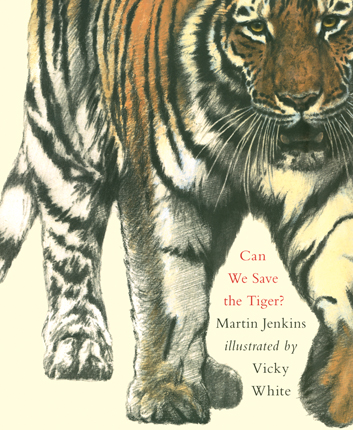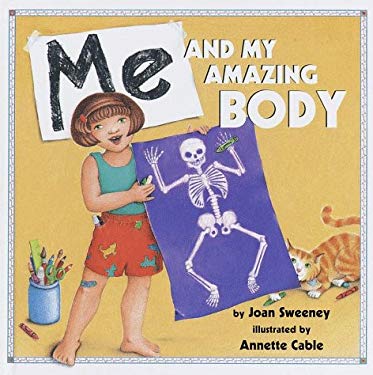Who’s Been Here? Series by Lindsay
Barrett George
Now here’s a neat series of five different
books. Children will use their knowledge of the world around them to discover
the creatures that live right in their own backyard to people all around the
world! The clues throughout the text will reveal what animal has been there and
left its trail behind. Join William and Cammy as they discover various
creatures in their natural habitats. Here are all the books in the series:
·
Around
the Pond: Who’s Been Here?
·
Around
the World: Who’s Been Here?
·
In
the Garden: Who’s Been Here?
·
In
the Snow: Who’s Been Here?
·
In
the Woods: Who’s Been Here?
Caves and Caverns by Gail Gibbons
This author is one of my personal
favorites. Her texts are often easy to read and include new vocabulary words
that are bolded and then explained. Hand drawn illustrations and diagrams are
often labeled and presented in a way that is easy for children to comprehend. This specific text introduces students to the
art of spelunking! How are caves discovered? What are caves made of? Are there
different types of caves? All of these questions are addressed in addition to
basic information, such as where to go, what to bring, and how to be safe when
you embark on your own cave explorations!
Super Nature by DK Publishing
This text serves as an excellent classroom
or home resource. Basically, this is the Guinness Book of World Records…
except for animals! It contains hundreds of informational pages about the anatomy,
athletic ability, lifecycles, senses, and habitats of 100 different species of
animals. Vivid pictures and skeletal diagrams make this book come to life and
will have your child returning to its pages again and again!
My Season With Penguins: An Antarctic Journal
by Sophie Webb
What would it be like to live with penguins
for two months? Students will relive Sophie Webb’s journey as they read her
firsthand account in this journal-style text. Detailed watercolor paintings
bring the story to life. Students will experience how scientists conduct
observations, initial experiments, use technology, and collect data through
detailed notes. This also serves as an excellent mentor text for students’
writing as they document their own science experiences.
Coral Reefs by Jason Chin
When a little girl visits the library to
learn about coral reefs, she chooses an extraordinary book that turns the library
into her own ocean! Vivid illustrations detail different kinds of coral and
creatures that live in ocean habitats. The history of reef formation and the
life cycle of individual ocean creatures are also introduced. Separate sections of terms and definitions, labeled
diagrams, the preservation of coral reefs, and bonus facts are also included
throughout the book.
Can We Save the Tiger? By Martin Jenkins
If you’re looking for a text to introduce
the concept of endangered species, this would be an excellent read. With the
help of detailed illustrations, children will explore various questions such
as: What are endangered species? How did they become endangered? What are
people doing to stop their extinction? How can I help? This book also provides
examples of some of the beautiful and exotic plants and animals that exist on
our planet today that are in danger of becoming extinct.
Me and My Amazing Body by Joan Sweeney
The human body is explored in this text
through the eyes of a little girl. A young girl poses questions and then
explains how her body works, what parts it’s made of, and how different body
systems work together. Kid-friendly and easily understood language is used, such
as “my heart is like my own little engine”. Illustrations are also simple, yet
scientifically correct. Join this young narrator on the tour of the human body
and discover just how amazing it really is!
The Magic School Bus Inside the Earth by
Joanna Cole
Who doesn’t love the Magic School Bus
series?! Here’s a classic story of another one of Ms. Frizzle’s wild
adventures. This journey takes the class into the center of the Earth to learn
about the rocks and minerals that make up our planet. Students will explore how
volcanoes are created, the rocks that result from heating and cooling, and how
layers of rock that compose our Earth.
Energy Island: How One Community Harnessed
the Wind and Changed Their World by Allan Drummond
This children’s text introduces the
concepts of renewable and nonrenewable energy. Combining a narrative tale and scientific
information, this is the story of the Danish town called Samsø who figured out
a way to reduce their use of nonrenewable resources. The idea of energy
conservation is explored as the community joins together to find new ways to
create energy and save their planet!
How a Seed Grows by Helene J. Jordan
From an acorn to a full-grown tree, this text
walks through the entire life cycle of a plant. What are the different stages
of growth called? What do different kinds of seeds look like? Are flower seeds
different than tree seeds? What do seeds do in different seasons? All of these
questions will be answered in an easy-to-read format with colorful pictures.
Enjoy!









No comments:
Post a Comment